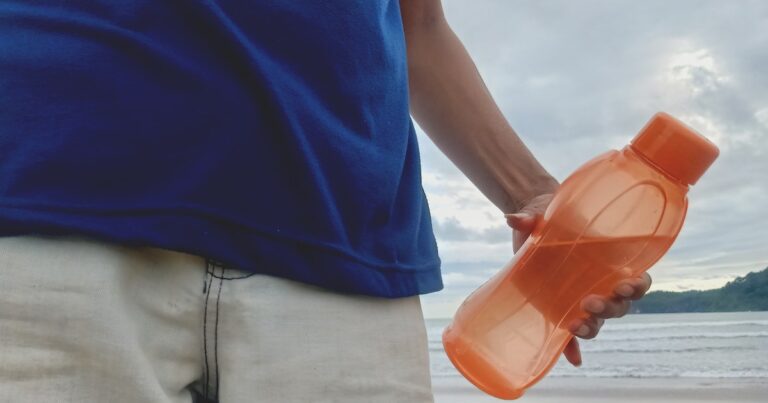
[ad_1]
My tween son misplaces enough water bottles, hoodies, and belongings to single-handedly support a local thrift store. Sometimes, he will triumphantly bring home a lost item grimy from its time in exile at the school’s lost-and-found bin and hoist it above his head to a chorus of cheers — only to have it go missing again a few days later.
But, as I remind myself, he’s not doing it on purpose or even out of carelessness. As it turns out, his beautiful mind is changing so rapidly it’s hard to prioritize his bright orange water bottle. Literally.
In tweens this age, their prefrontal cortex (the part of the brain that regulates decision-making, executive function, and impulse control) starts a natural remodeling process scientists call synaptic pruning. Basically, the brain is deadheading itself, discarding unused neural connections. Yes, I did look this up while trying to figure out why in the world my son kept losing stuff.
Who needs that neural pathway that tracks belongings? Not my tween. The human body is an amazing thing. But sometimes it’s a pain in the ass.
When he forgets to put on his shoes until he’s a half mile into a neighborhood walk or forgets how to retrieve his retainer from the pool despite being a champion swimmer and diver, I close my eyes, take a few deep breaths, and chant, “Synaptic pruning. Synaptic pruning. Synaptic pruning.”
Every time I mutter these words over and over, I’m reminding myself that my son is functioning with a brain under construction. The work that’s happening is important; it’s part of how kids evolve into adults, with more cognitive ability to show compassion and empathy. It’s a win! And I can see it happening.
For all the moments of absent-mindedness, my tween already shows an extraordinary ability to put himself in another person’s shoes and attune to the emotional needs of people around him. He’s always had these skills, but in his tweens, they have become superpowers.
I notice it during afterschool sports activities when he separates from jubilant teammates celebrating a win to hoist up an emotional opposing team member off the grassy field. I see his superpower when he places his arm around his overwhelmed little sister as if to say, I know how you feel.
Tweenhood, which starts around age 8, gets a bad rap for a few reasons. It’s a transitional time when kids are not so little anymore but not yet teenagers. In addition to their changing bodies and surging hormones, they yearn for increasing levels of independence while their brains are under active construction.
And it’s just so rewarding in those moments when you see them getting there.
For example: my tween is maybe not the only person going through a reconstructive era. Experts say motherhood is a second adolescence, a dramatic life transition also marked by changing bodies and shifts in identity. Which is maybe why I decided to start taking ice-skating lessons, despite the fact that I fall down constantly even on ground that isn’t slick. And despite the fact that the instructor told us that falling down was inevitable, the first time I lost control of my loaner skates, I was quietly shaken. I spent a week upset about it, seriously considering quitting.
And then, the next time I dragged myself to class, I found a note on the steering wheel. It was from my son. “You can do hard things,” he wrote, quoting me. Then he added his own flourish, “So get back out on the ice and kick some butt.”
Thank goodness for this tween and all brains under construction.
Lynda Lin Grigsby is a journalist, wife, mom, and athlete. She writes about the intersections between race, identity and parenting. Find her bylines at Parents, Pasadena Magazine and Pacific Citizen.
[ad_2]